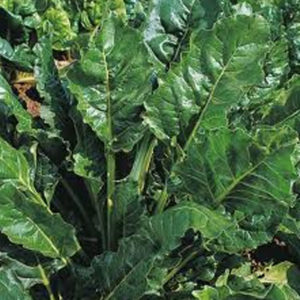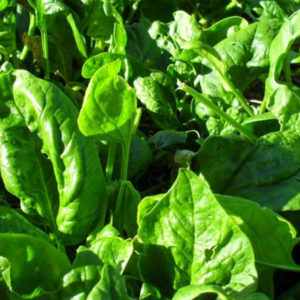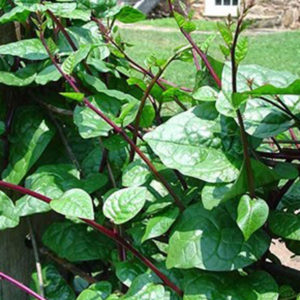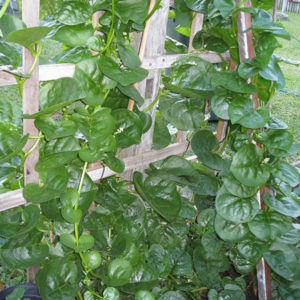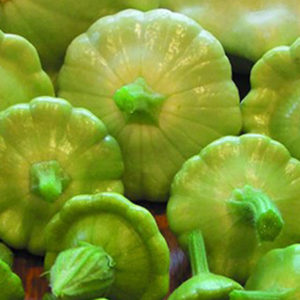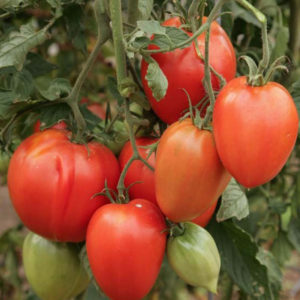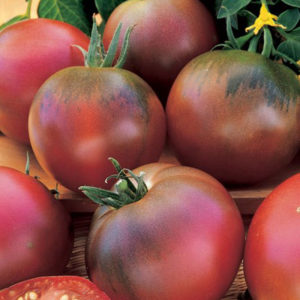-
 Lagenaria siceraria You’ll note by the unusual seed that this is not of the pumpkin or squash family and should be eaten when young like a zucchini. And it’s delicious by all the taste tests. Creamy with great texture. Growing conditions are much like the ‘squash’ Tromboccini and again watching these vigorous plants grow is a delight. Highly recommended and rare.
Lagenaria siceraria You’ll note by the unusual seed that this is not of the pumpkin or squash family and should be eaten when young like a zucchini. And it’s delicious by all the taste tests. Creamy with great texture. Growing conditions are much like the ‘squash’ Tromboccini and again watching these vigorous plants grow is a delight. Highly recommended and rare. -
Out of stock
 Cucurbita pepo Delightful little fruits on compact plants these bright white squashes are best eaten young when they remain very tender, needing very little cooking. Great for small meals when they can be picked carefully as needed.
Cucurbita pepo Delightful little fruits on compact plants these bright white squashes are best eaten young when they remain very tender, needing very little cooking. Great for small meals when they can be picked carefully as needed. -
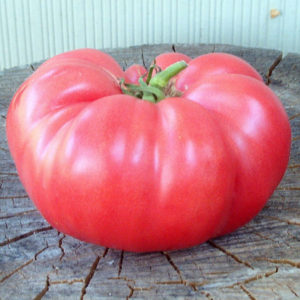 Solanum lycopersicum L. This large tomato was first presented to us by John Grasso at one of our markets. He brought it with both hands saying 'they get bigger than this'. What I didn't realise was how sweet they were. Plant is tall indeterminate type and needs to be staked well especially considering the weight of the fruit!
Solanum lycopersicum L. This large tomato was first presented to us by John Grasso at one of our markets. He brought it with both hands saying 'they get bigger than this'. What I didn't realise was how sweet they were. Plant is tall indeterminate type and needs to be staked well especially considering the weight of the fruit! -
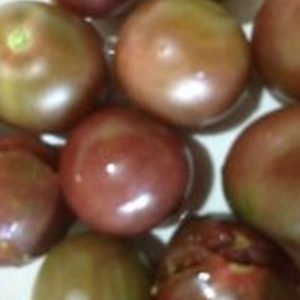 Solanum lycopersicum L. Perfectly round dark red/black fruits with rich, sweet flavour growing on indeterminate plant that needs staking. Research show its origins start in Florida and has been very popular here for the last 5 years. If you have problems with birds these are great because they cant see them! When green fruit starts getting a red hue you know they're ready.
Solanum lycopersicum L. Perfectly round dark red/black fruits with rich, sweet flavour growing on indeterminate plant that needs staking. Research show its origins start in Florida and has been very popular here for the last 5 years. If you have problems with birds these are great because they cant see them! When green fruit starts getting a red hue you know they're ready. -
Out of stock
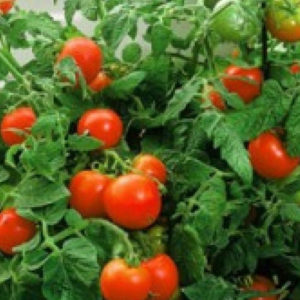 Solanum lycopersicum L. Determinate plant with sturdy trunk producing good reliable sweet medium size tomatoes. Still needs some staking and will be one of the first to produce fruit.
Solanum lycopersicum L. Determinate plant with sturdy trunk producing good reliable sweet medium size tomatoes. Still needs some staking and will be one of the first to produce fruit.

